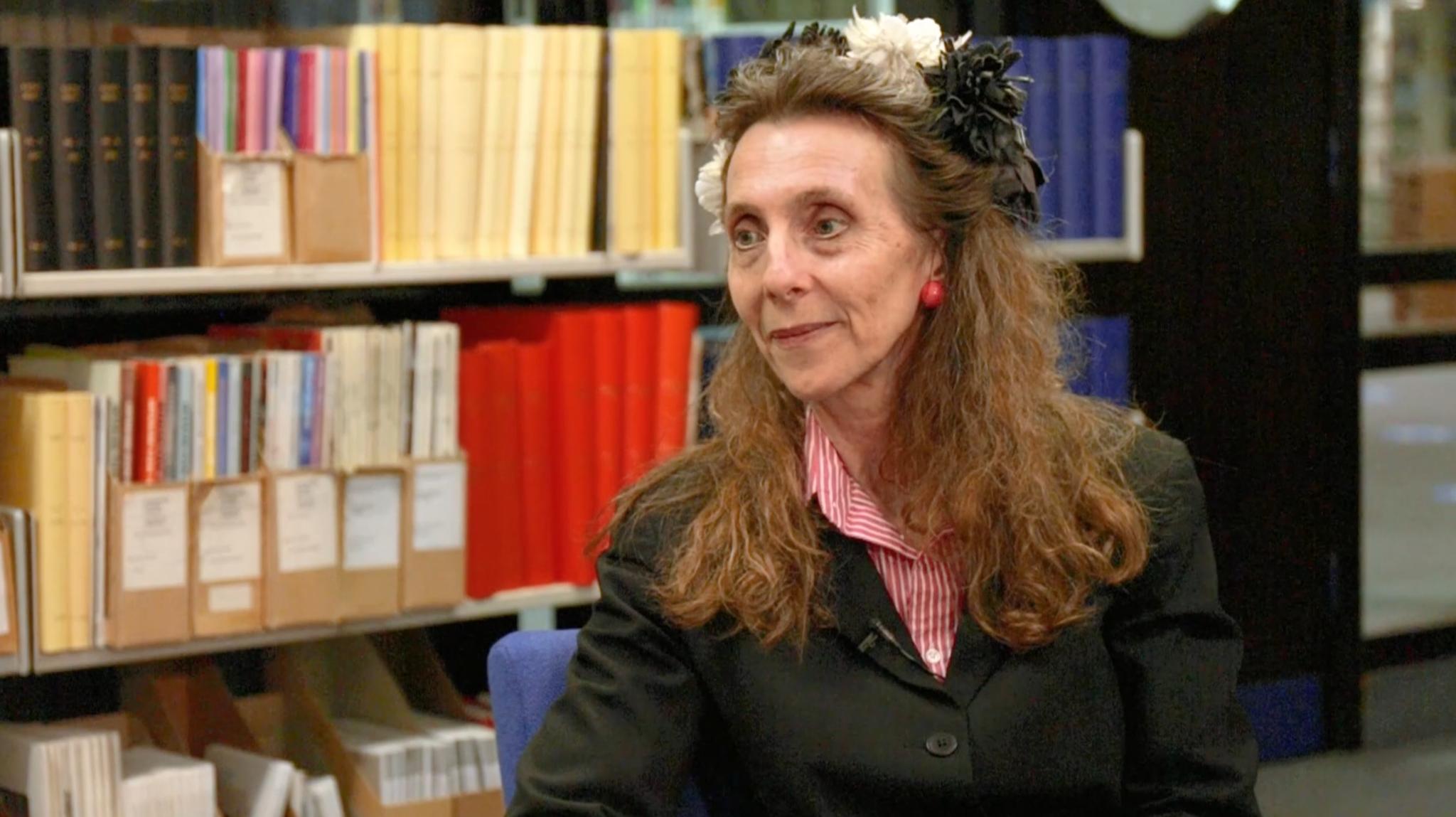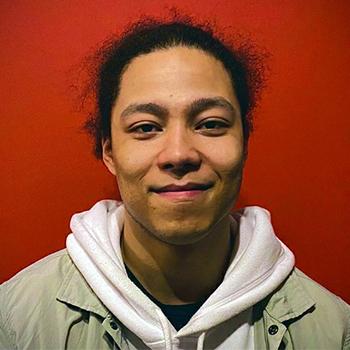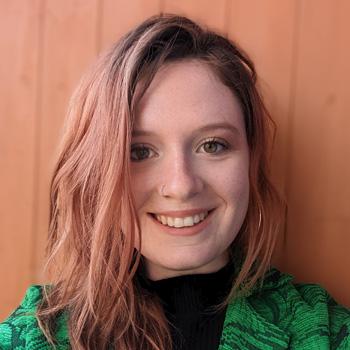Meet our visibility game changers
Primary page content
Visibility is one of the defining challenges of our time, and at Goldsmiths we take it incredibly seriously. As with many universities, we understand our work is ongoing and staff, student and alumni communities continue to look for ways to increase the visibility of underrepresented communities.
We were the first university in the UK to launch pioneering programmes such as Black British Literature and Queer History. Many departments have adapted their recruitment practices to ensure they are as inclusive as possible to reduce bias against race, age and neurodiversity. And we continue to review and decolonise our curriculum.
Our student body is a clear demonstration of this. We have students from around the world (over 130 different countries in fact!), of all ages and different backgrounds. Goldsmiths Campus is a real melting point of different perspectives that helps enrich your studies.
Through the stories below, you will see how our staff and students are increasing visibility, shifting colonial narratives, and giving the older generation a platform to have their voice heard.

Decolonisation begins on your own bookshelf
Dr Deirdre Osborne is known for challenging conventional narratives. The focus of her career has been questioning the norm, with a dedication to decolonial thinking. The co-founder of the ground-breaking MA in Black British Literature has taken this passion one step further with the recent publishing of the collaborative book “This is the Canon: Decolonize Your Bookshelves in 50 Books”. Find out more about her work and how she's challenging readers to question their own reading.

Giving the older generation a chance to find their voice
When it comes to representation, there are a lot of groups that are overlooked. One area that MA Creative and Life Writing student, Judy, is trying to address is the visibility of older generations. Find out more about how she is giving her local community an opportunity to find their voices through performance.

Creating games that reflect all who play
BSc Creative Computing graduate Felix wanted to be a part of addressing how the video games industry portrays race. Find out more about how he addressed this in his dissertation.

Advocating for neurodiversity, visibility and collaboration in the creative industries
MA Arts Administration & Cultural Policy student Kat covers several bases when it comes to increasing visibility. She has co-founded an educational platform to help remove the barriers that neurodiverse people face when progressing in the creative sector, and also passionately believes in the key role cultural centres have to play in influencing climate justice at a state level. Find out more about Kat’s work and passions.